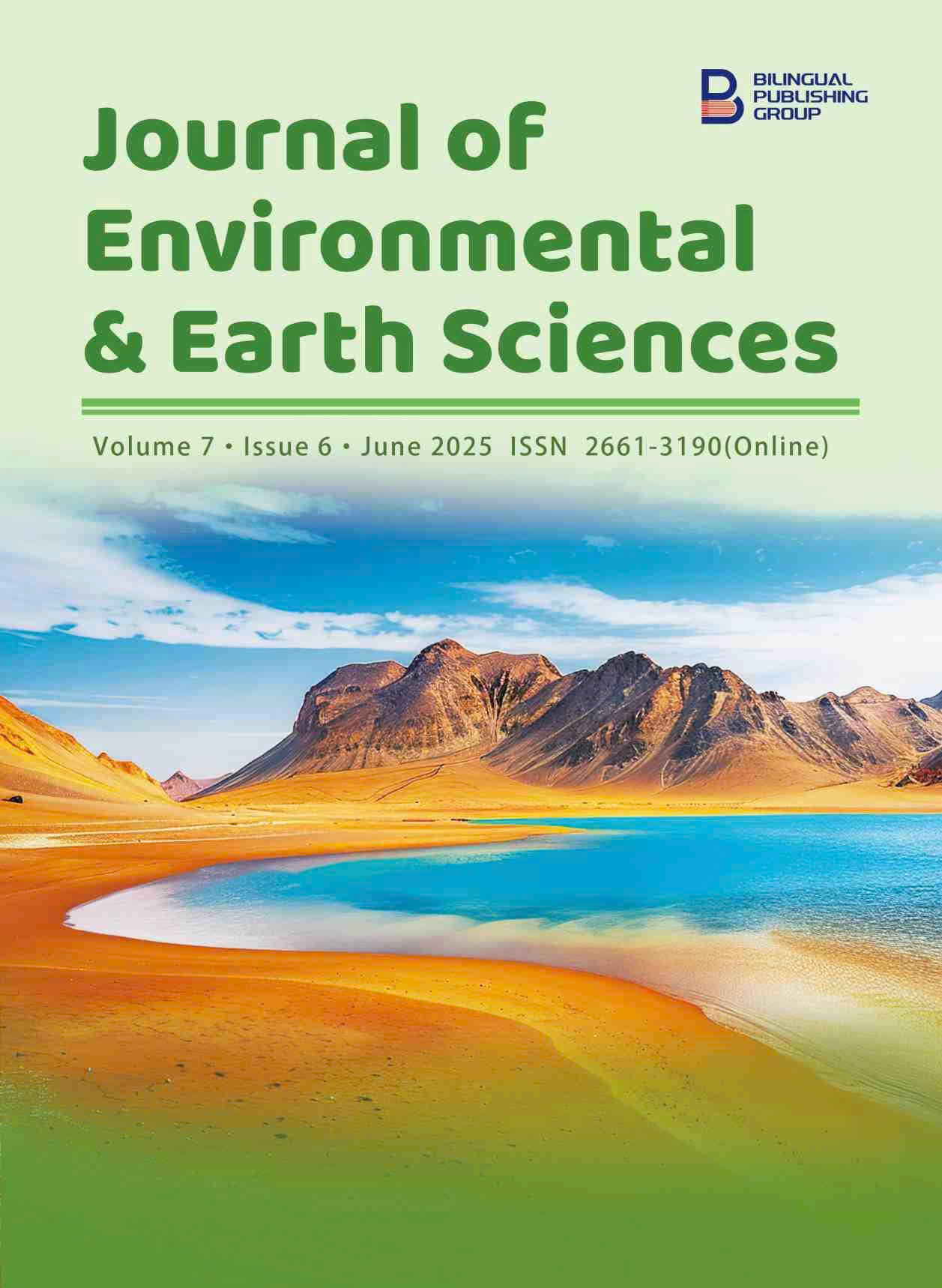Livelihood Vulnerability to Climate Change in Viet Nam: Evidence from Coastal Households, Quang Nam Province
Tác giả: Nong Bang Nguyen, Tran Thi Lan Huong, Tạp chí/ nơi công bố: Journal of environmental & earth sciences, Scopus Q4, Thời gian công bố: 05/2025
Vietnam, with its twenty-eight coastal provinces, is one of the nations most profoundly affected by the adverseimpacts of climate change (CC). These provinces face severe challenges as they contend with the escalating effects of CC, including rising sea levels, typhoons, flooding, and droughts. In this context, this article aims to assess the vulnerability of households' livelihoods in Quang Nam Province by applying the Livelihood Vulnerability Index (LVI) developed by Hahn et al., along with the Intergovernmental Panel on Climate Change framework (LVI-IPCC).The study utilises five sources of household capital—human, social, physical, natural, and financial—to construct its indices. The data for this article is based on a survey of 200 households. The research methodology combines both quantitative and qualitative methods, including questionnaire interviews, in-depth interviews, and focus group discussions. The research period spans from 2021 to 2023. The study results revealed that the household LVI was 0.371, while the LVI-IPCC was 0.086, highlighting the critical need for access to food and clean water, which scored 0.458 and 0.351, respectively. The research underscores how CC significantly affects the livelihoods of coastal communities, particularly in sectors such as fishing, aquaculture, and agriculture. The study concludes that CC poses significant challenges to the livelihoods of coastal communities in Quang Nam Province and that adaptation measures are necessary to support these communities. The research highlights the importance of livelihood diversification, job transformation, and improving knowledge and skills to enhance the resilience of coastal communities to CC.

Thứ Tư, 13:32 12/11/2025
Copyright © 2024 Trường Kinh tế || School of Economics